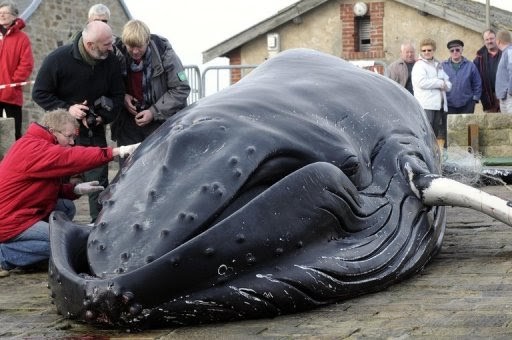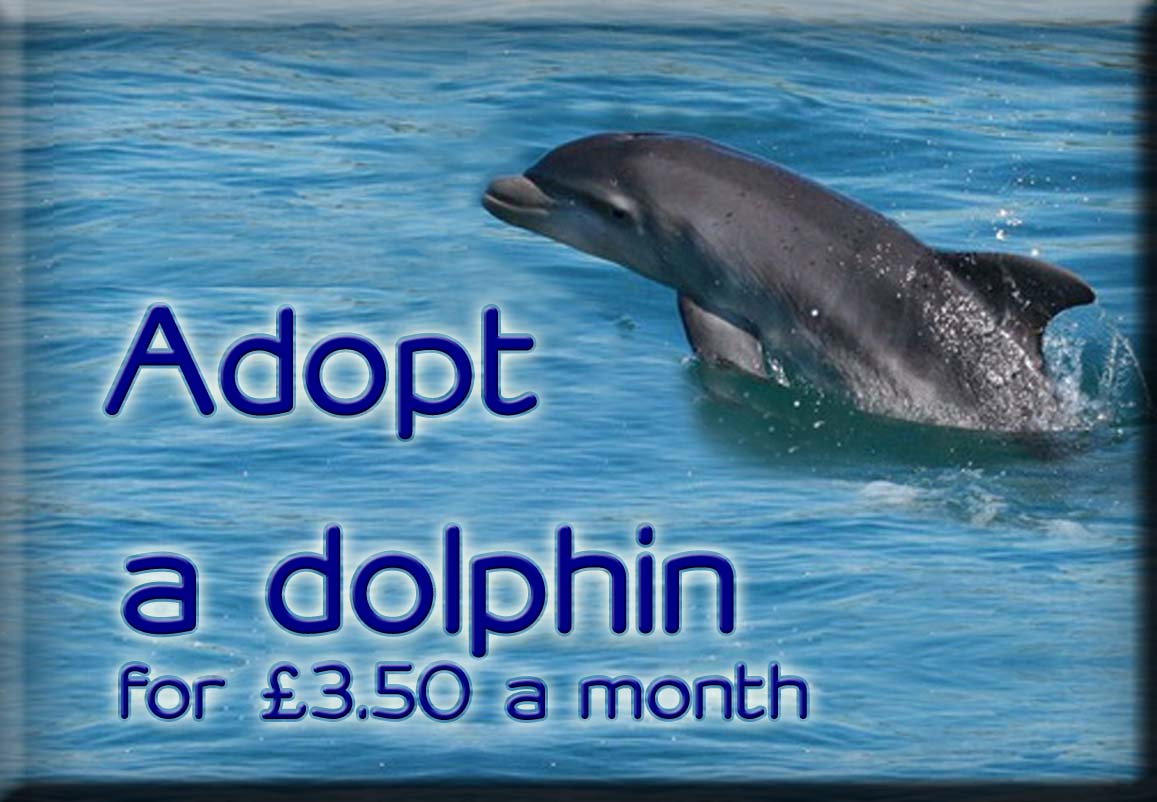Restoring Our Earth by Removing Litter
The very first Earth Day, in 1970, brought 20 million people together to learn about the environment, the threats it faces and how to tackle those issues. Fifty-one years later, and education is still key to tackling the Climate and Biodiversity Crisis and the human threats imposed. Earth Day’s theme for 2021 is ‘Restore Our Earth’. Sadly, the UK is a prime example of a nation’s biodiversity in desperate need of restoration. A report by The Royal Society for Protection of Birds (RSPB) highlighted that in the UK 41% of species are declining, with 1 in 10 species threatened with extinction. Meanwhile, the critical habitats that allow UK fauna and flora to flourish dwindle into non-existence. This includes habitats intricately linked to the health and wellbeing of UK cetaceans: salt marshes are in poor condition; estuaries are heavily polluted and have suffered a 95% reduction in native oysters; and 90% of our coastal seagrass meadows have been lost. The RSPB report states that while 28% of land and 24% of the sea are protected in the UK, in reality, as little as 5% is being properly cared for.
Here at Sea Watch Foundation, we play our part in protecting the UK’s environment and ensuring it is restored to its former glory. This is exemplified by our critical role in establishing the Cardigan Bay Special Area of Conservation (SAC) in 2003. Today, Sea Watch and its army of dedicated volunteers remain on the front lines in New Quay, ensuring the SAC regulations and guidelines are upheld and that it is properly protected.
Part of the ‘Restore Our Earth’ theme for Earth Day 2021, is focused on ‘Clean-Ups’. Plastic waste in oceans is just one of the ways humans have heavily impacted the planet. At Sea Watch, possibly our favourite thing to do, albeit second to actually spotting a cetacean, is picking up a piece of plastic and knowing we’re protecting one! We take this form of pollution very seriously because of the direct threat it imposes on cetaceans and other marine organisms, upon which Cardigan Bay’s semi-resident population of Bottlenose Dolphins rely. We have all mistaken one thing for another at some point, but for cetaceans it’s fatal. Whales and dolphins are susceptible to mistaking plastic for food, with eyesight and echolocation that has evolved to perfectly identify fish and jellies but not to distinguish man-made materials. Plastic ingested by dolphins and whales is no short of horrific. Not only are their stomachs being filled by indigestible material, leaving less and less space for real food, but the plastics act as a perfect carrier of harmful ‘hitchhiking’ bacteria and microbes. Starved, choking, and diseased, these whales and dolphins are suffering unnecessarily. This is something we don’t want to see on our watch, which is why cleanups are so important to us. They provide an immediate improvement to the environment and the effective removal of a very serious threat to our marine species.

This is why the Sea Watch Foundation desperately depends on our supporters, who help us to protect and restore our corner of the Earth. In celebration of Earth Day 2021, The Big Give has agreed to match all donations we receive during their inaugural Green Match Fund Campaign, up to £5,000. All money raised will fund our work, Saving Britain’s Dolphins. Therefore, starting today, we will be inviting you to support us in making a “Cleaner Earth for our Cetaceans”, and donating to our Green Match Fund Campaign.
To raise funds Fran and I will be conducting daily cleanups, and we challenge you to do the same! Follow our progress and share your own litter-picking highs and lows at our ‘Earth Day Campaign – A Cleaner Earth for our Cetaceans and Communities‘ Facebook event or tag us on Instagram with the hashtag #CleanerEarthforourCetaceans.
We look forward to seeing and hearing about your progress over the next week. Thank you for all the support you continue to give and, most importantly, Happy Earth Day!
Emma
Education and Outreach Assistant
























